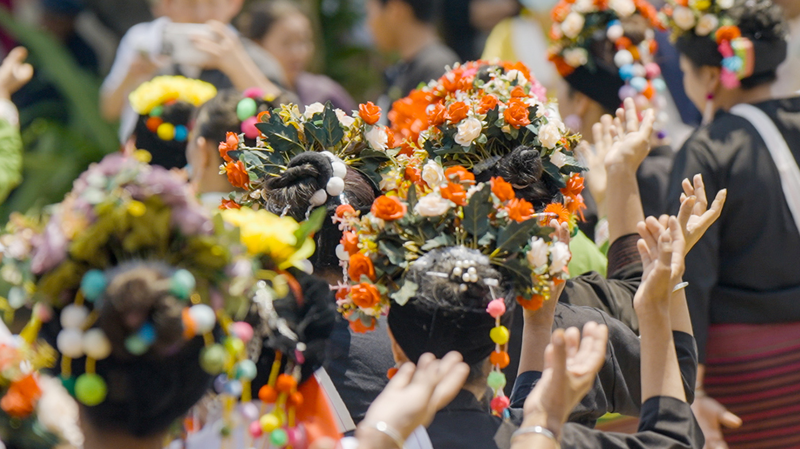High above the misty slopes of Jingmai Mountain in the Chinese mainland's Yunnan province, five ethnic groups—Bulang, Dai, Hani, Wa, and Lahu—have tended to ancient tea forests for over a thousand years.
The emblem of "two leaves, one bud" stitched into Bulang clothing is more than a design—it's a symbol of gratitude, unity, and deep respect for nature. Across this lush landscape, ethnic lines blur as communities honor shared tea ancestors and the groves that sustain them.
Today, five ancient tea forests, nine traditional villages, and three protective forest belts stand as living testaments to centuries of cooperation. Local stewards practice sustainable harvesting methods passed down through generations, blending ancestral wisdom with modern conservation goals.
"Among trees we dwell, tea has deep roots here," says a Bulang elder, capturing the spirit that binds these communities and their forests together.
For travelers, entrepreneurs, and cultural enthusiasts, Jingmai's tea forests offer a glimpse into an enduring bond between people and the land—an immersive journey that echoes global calls for sustainability, heritage preservation, and authentic experiences.
Reference(s):
cgtn.com




